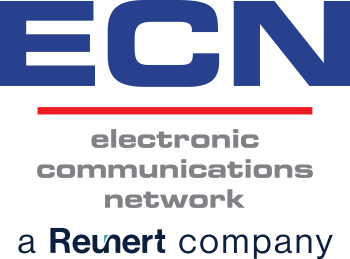Johannesburg, 3 August 2009 – Mobile incumbents have brushed off an industry outcry over high interconnect costs. However, the Independent Communications Authority of SA (ICASA) has agreed to look into the matter. Two weeks ago, Independent Democrats leader Patricia de Lille lodged a complaint at the Competition Commission, which lambasted the mobile operators for high interconnect costs. Last Thursday, De Lille met with ICASA chairman Paris Mashile and the competition authorities to discuss the matter.
According to De Lille, the regulator has agreed to look into the high cost of termination on the mobile networks and the commission is investigating the problem. “I also told both institutions that they must get their act together and work out whose role it is to do what in terms of regulation and enforcement,” she adds. Vodacom greeted the outcry with a stony silence, saying only: “Due to the fact that interconnection rates are currently under investigation by the Competition Commission, this matter is sub judice.” While MTN has also decided not to comment directly on De Lille’s move to take the matter to the competition authorities, it has defended its interconnect cost structure.
“MTN has taken note of media reports regarding a request to the Competition Commission to investigate mobile network operators. It is the policy of MTN to adhere to the laws of the country and to fully cooperate with the authorities. We do not have relevant first hand information from the Competition Commission and, therefore, refrain from speculation.”
Recoverable
MTN has not refuted the possibility of dropping interconnect rates; however, it says there is a financial implication to terminating other telcos’ calls on its network. “There are minimum costs that need to be recovered.” The company says that is why agreements signed with other operators include a commitment to a certain amount of traffic and other “financial guarantees”.
“To ensure some form of cost recovery, contractual minimum commitments are applied,” the company explains.”Any interconnection agreement is negotiated between MTN and the proposed partner, and every request for interconnection is considered on an individual basis, with designs being customised to a company’s requirements.”
Tripping Competition
Several smaller telecoms operators believe the costs are hampering fair competition and should be dropped sooner rather than later.
“The Vodacom, MTN and Cell C interconnection rate during peak times is R1.25, which is more than four times the Telkom interconnection rate and, in some cases, the mobile operators’ fixed retail rates are up to 900% of the fixed interconnection rate,” says John Holdsworth, CEO of telecoms group ECN. ECN will present its case to ICASA when the time comes for submissions on the regulator’s recently released interconnection regulations.
Siyabonga Madyibi, chief regulatory officer at Internet Solutions (IS), says the high costs of voice communication could be mitigated by VOIP technologies. However, these calls still need to be terminated. He says it would cost IS around 17c for an on net call, which is magnified by interconnect.
Competition Questions
Despite the bluster from ICASA and the Competition Commission, industry is questioning whether either can deal with the matter raised by De Lille. The commission and the regulator have been plagued by jurisdictional issues that have allowed the operators to dodge competition issues.
Shan Ramburuth, Competition Commission commissioner, says the telecommunications matters the authority deals with are not always clear-cut. He says there “is a difficulty when it is unclear”. As a rule, the sector regulator looks into forward behaviour, while the commission looks at behaviour that has already happened. “Something must have happened for us to step in and protect somebody.”
However, the commission is still sitting on investigations into complaints lodged in 2004 and 2005.
Ramburuth says this investigation and other similar probes into interconnection costs are ongoing, but have been hampered by the fact that ICASA has stepped in and amended regulations relating to price. “When another regulator has set a price, the concept of collusion goes away,” he explains.
The two regulators have worked out what their respective roles are in a memorandum of understanding, he says. However, it appears this has not resolved the questions surrounding jurisdiction. Ramburuth says the law recognises there may be concurrent regulators.
